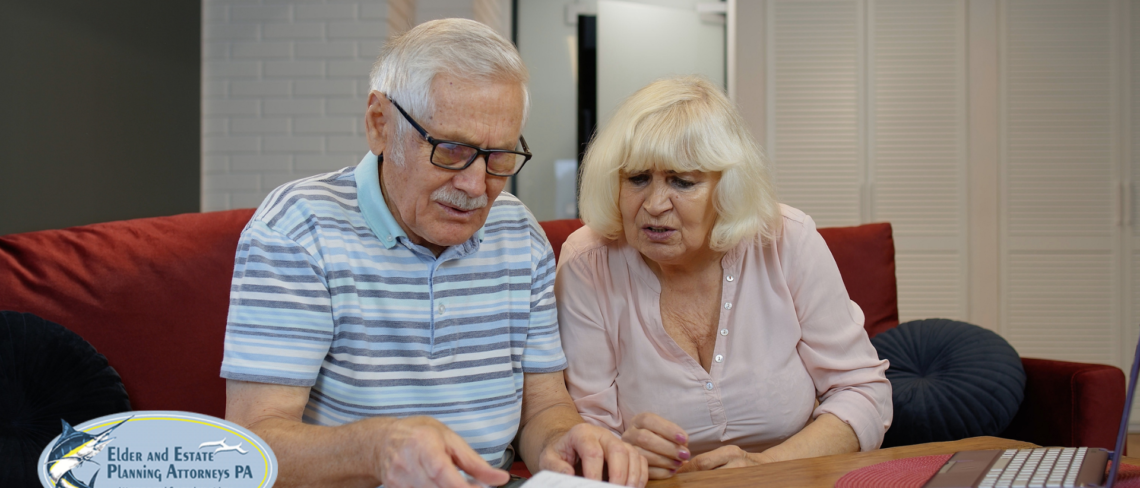Have you and your family recently learned that a loved one has received a diagnosis of Parkinson’s disease? Has your loved one learned that his or her ability to walk, bathe, and dress may become increasingly impaired? In addition, your loved one may face an increased risk of falls. In the future, as the Parkinson’s progresses you, your loved one and your family may be faced with the difficult decision of placing your loved one in a nursing home. With the decision to place a loved one in a nursing home, the question will be how to afford the exorbitant cost of the nursing home.
As you, your loved one and your family determine how to pay for a nursing home, find out if your loved one is in possession of any type of benefits which may cover the cost of a nursing home. For example: a long-term care insurance policy, life insurance policies, which can be cashed out, or veteran’s benefits. If your loved one does have one or more of these benefits be sure to gather copies of all the supporting documents of these policies, which may include copies of insurance policies or proof of veteran’s benefits. Having this conversation now about nursing home coverage with your loved one and family can help guarantee you have the required proof of coverage should your loved one’s mental capacity decline.
An excellent next step may be to meet with a qualified Florida elder law attorney. In addition to determining the existence of benefits, you, your loved one and family can meet with an elder law attorney to find the most reliable ways of determining how to afford a nursing home when the time comes. An elder law attorney, who is experienced in the area of long-term care planning, can assist with the review of any benefits you believe may cover the cost of a nursing home. Be aware that Medicare does not cover the cost of long-term nursing home stays, but state Medicaid does. Because Medicaid eligibility is based upon your loved one’s assets, a qualified elder law attorney may assist in the drafting of planning documents, such as a trust, which may make your loved one Medicaid eligible. Medicaid planning is best conducted early in your loved one’s diagnosis because there are time limits on the transfer of assets which may affect Medicaid eligibility.
We are very aware that a diagnosis of Parkinson’s disease can be very stressful to your loved one and family and we know there may be many other issues to navigate. By working with an estate planning and elder law attorney as soon as diagnosis is made may be the best strategy of helping to assure your loved one will be able to afford a nursing home, when the time comes. We know you and your family will want the peace of mind that your loved one will receive the care he or she deserves as the disease progresses, so that all of you can focus on sharing quality time in the present and in the future.
Elder and Estate Planning Attorneys, PA, is a law office small enough to provide personal service but large enough to provide service in Jupiter, as well as Palm Beach, Martin, St. Lucie, and Indian River Counties in Florida. Our law firm will guide you through legal challenges involving elder law, estate planning, trusts, veterans benefits, real estate, and more. We encourage you to contact us and schedule a meeting with our attorneys.











